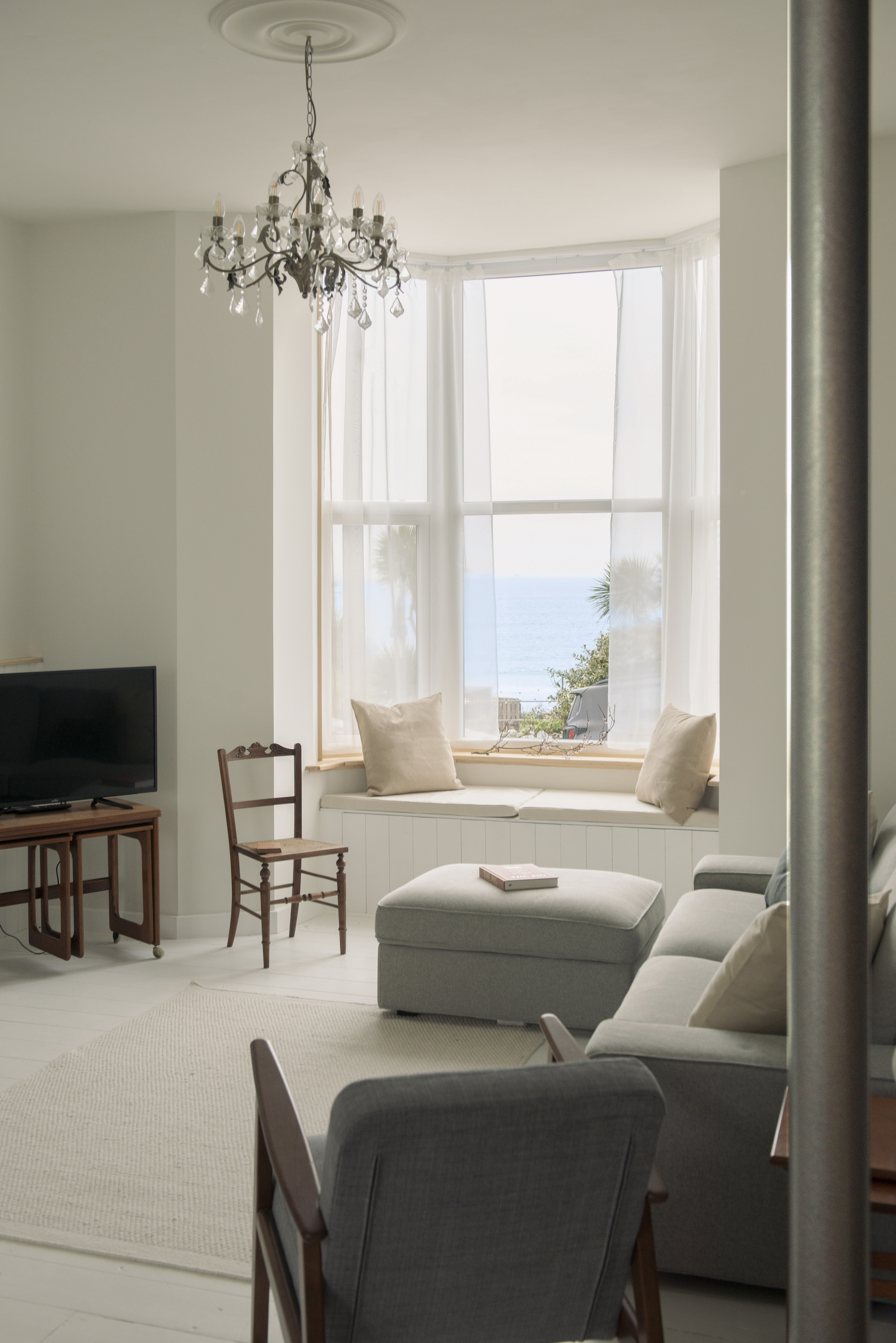
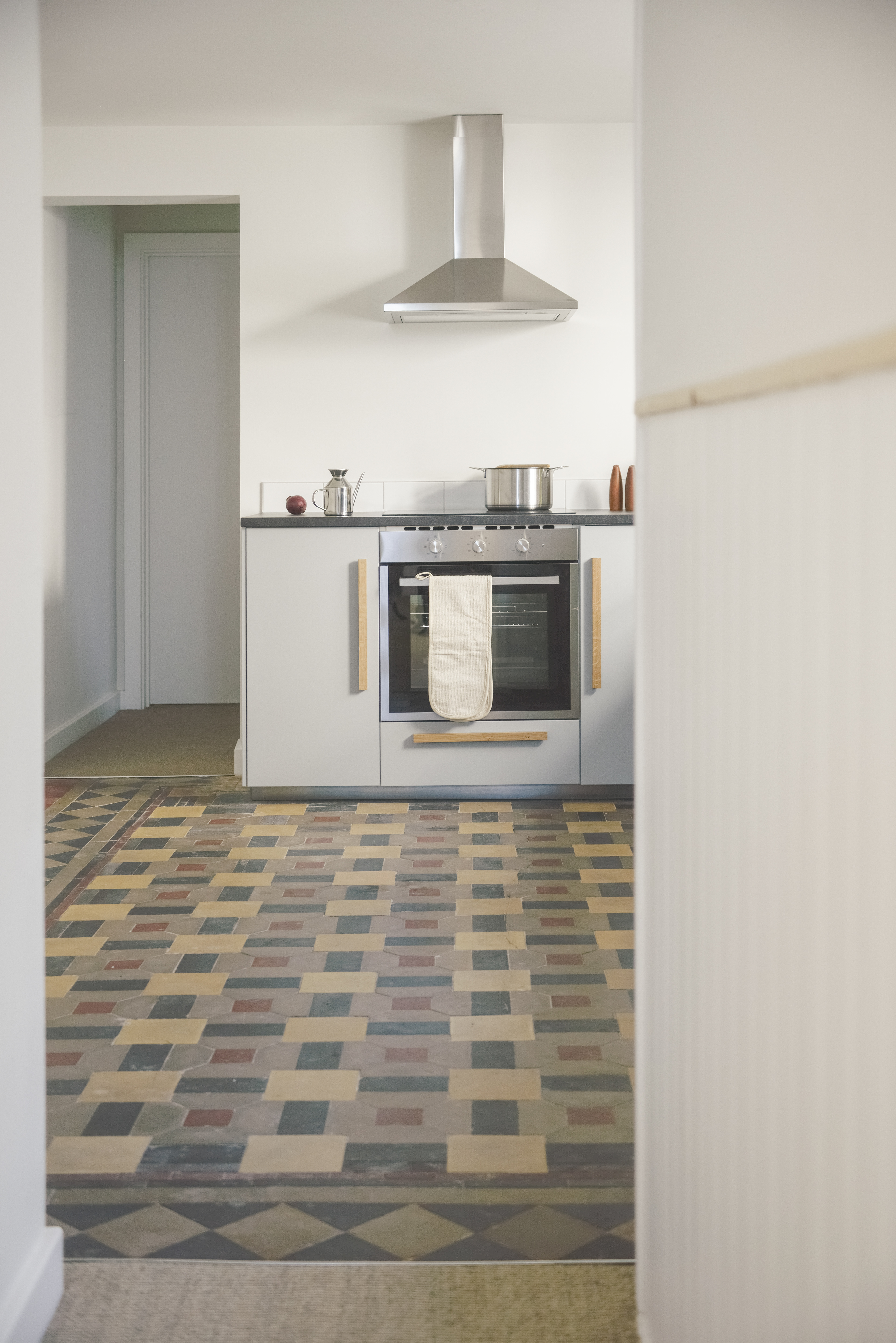

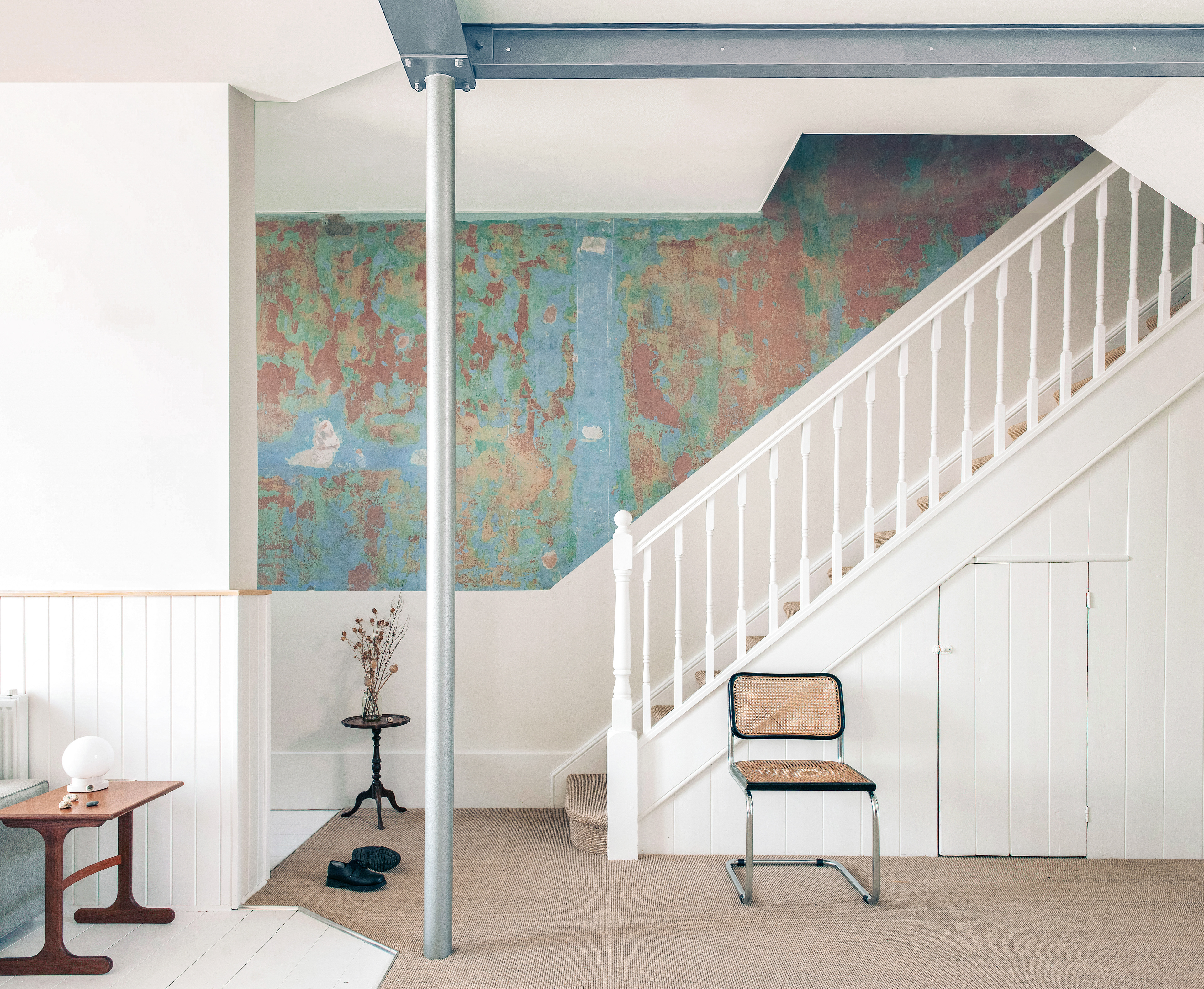

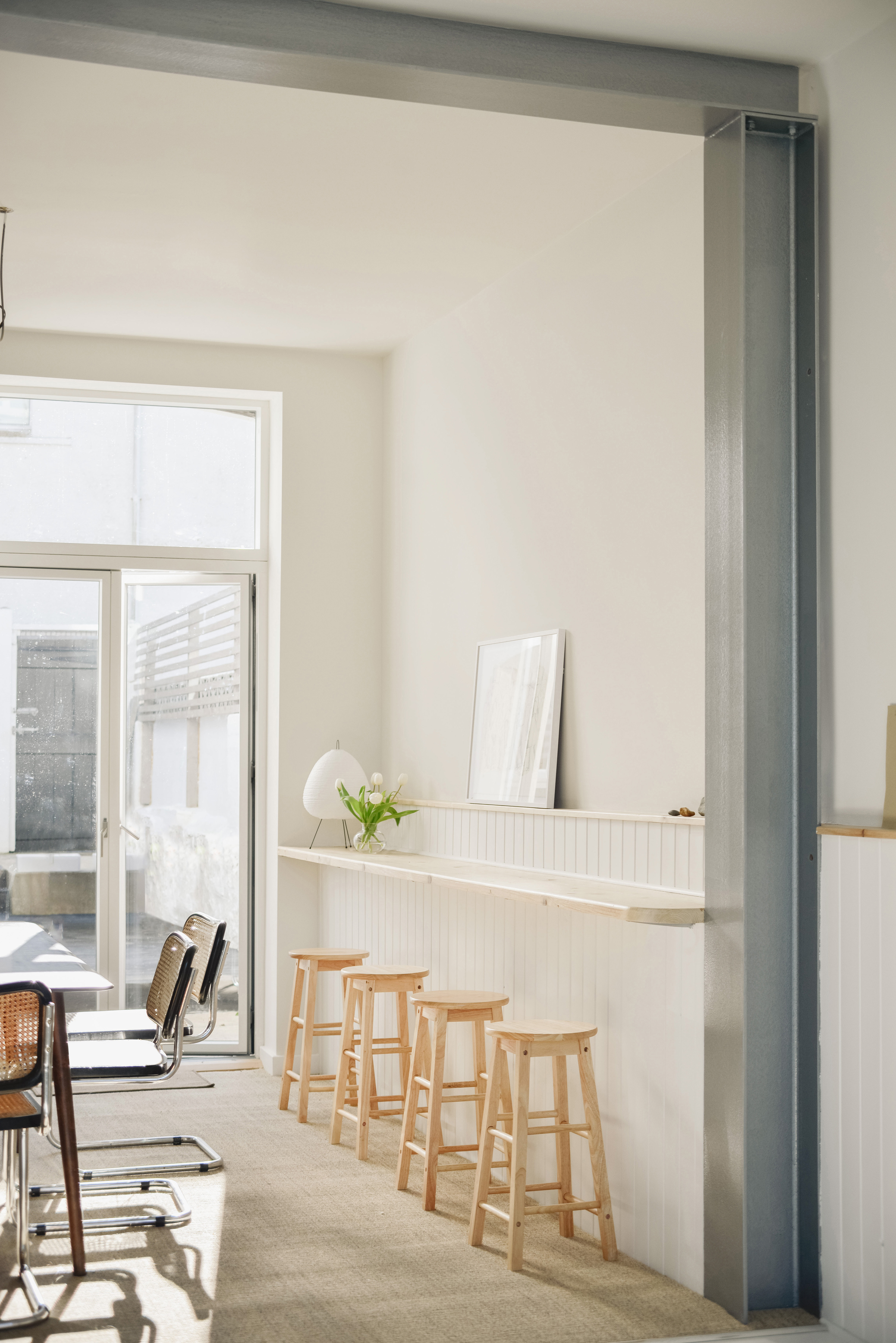
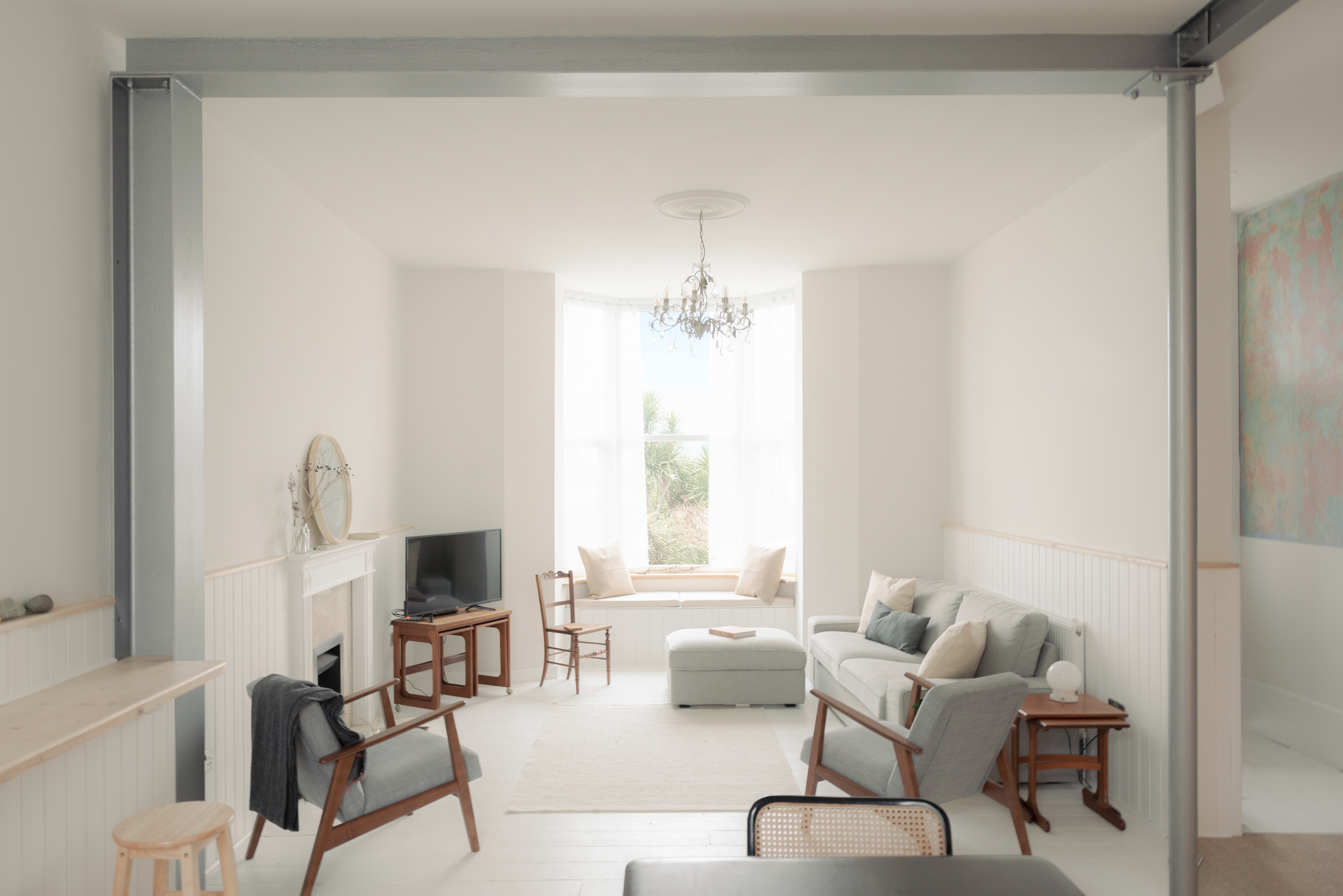
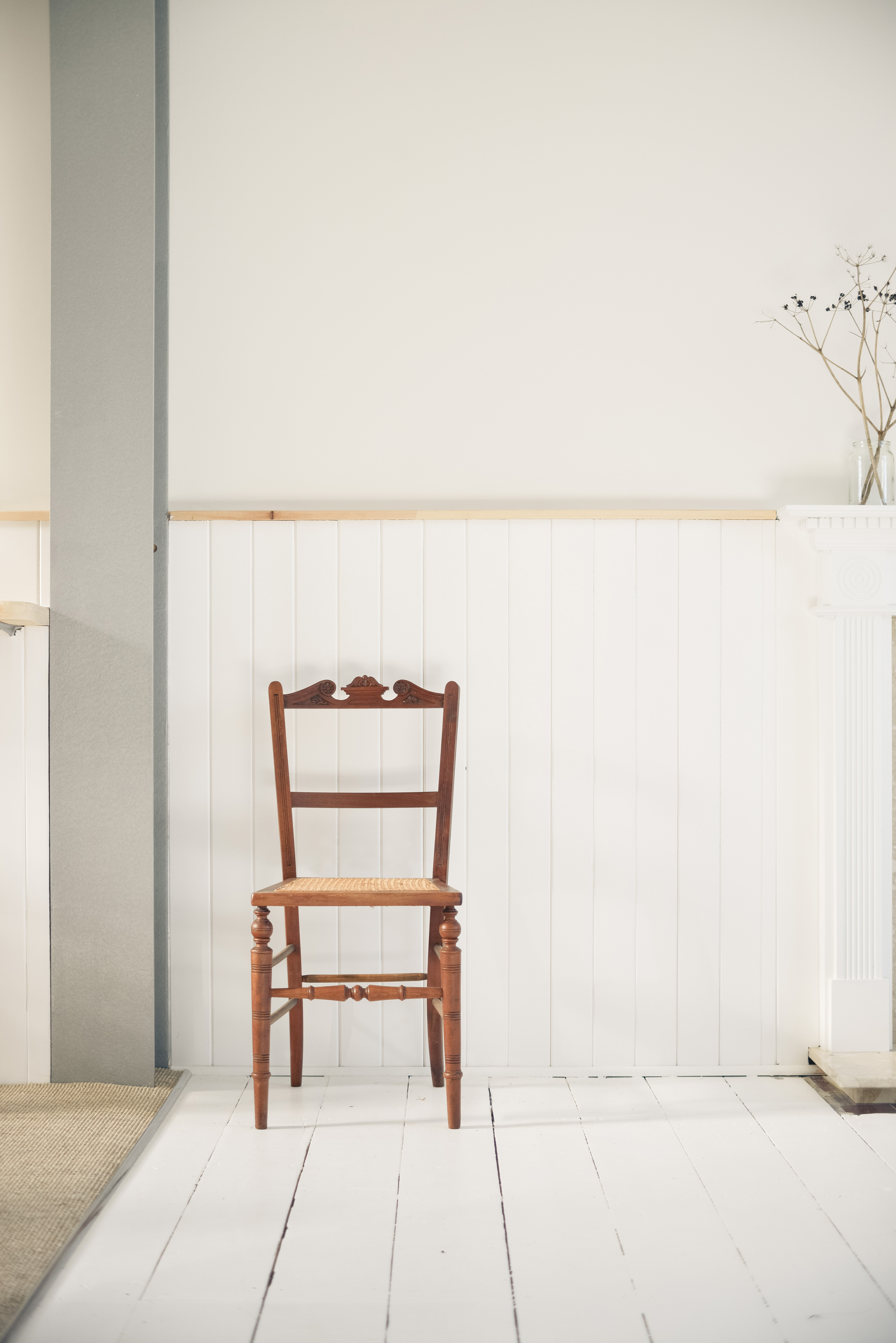
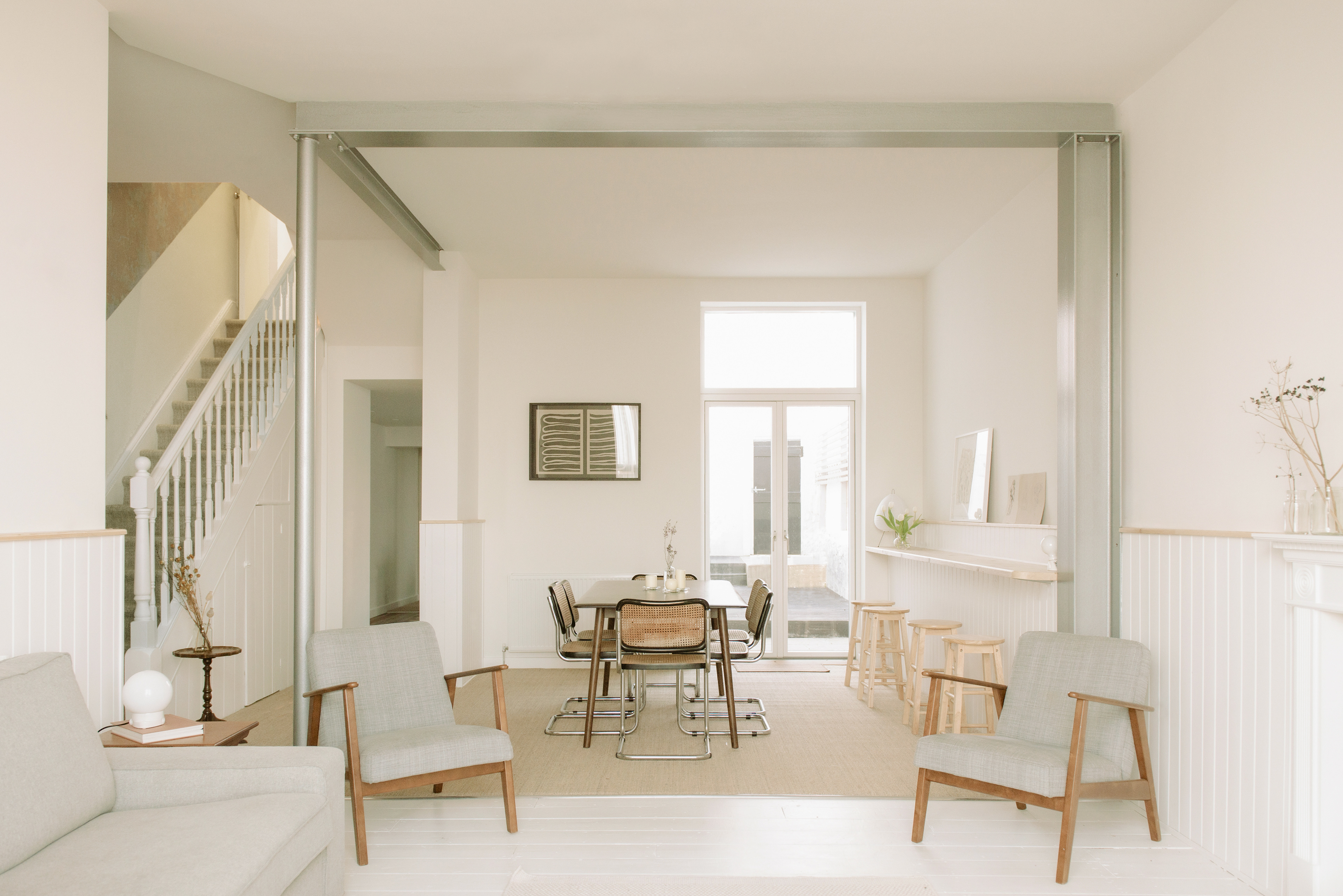
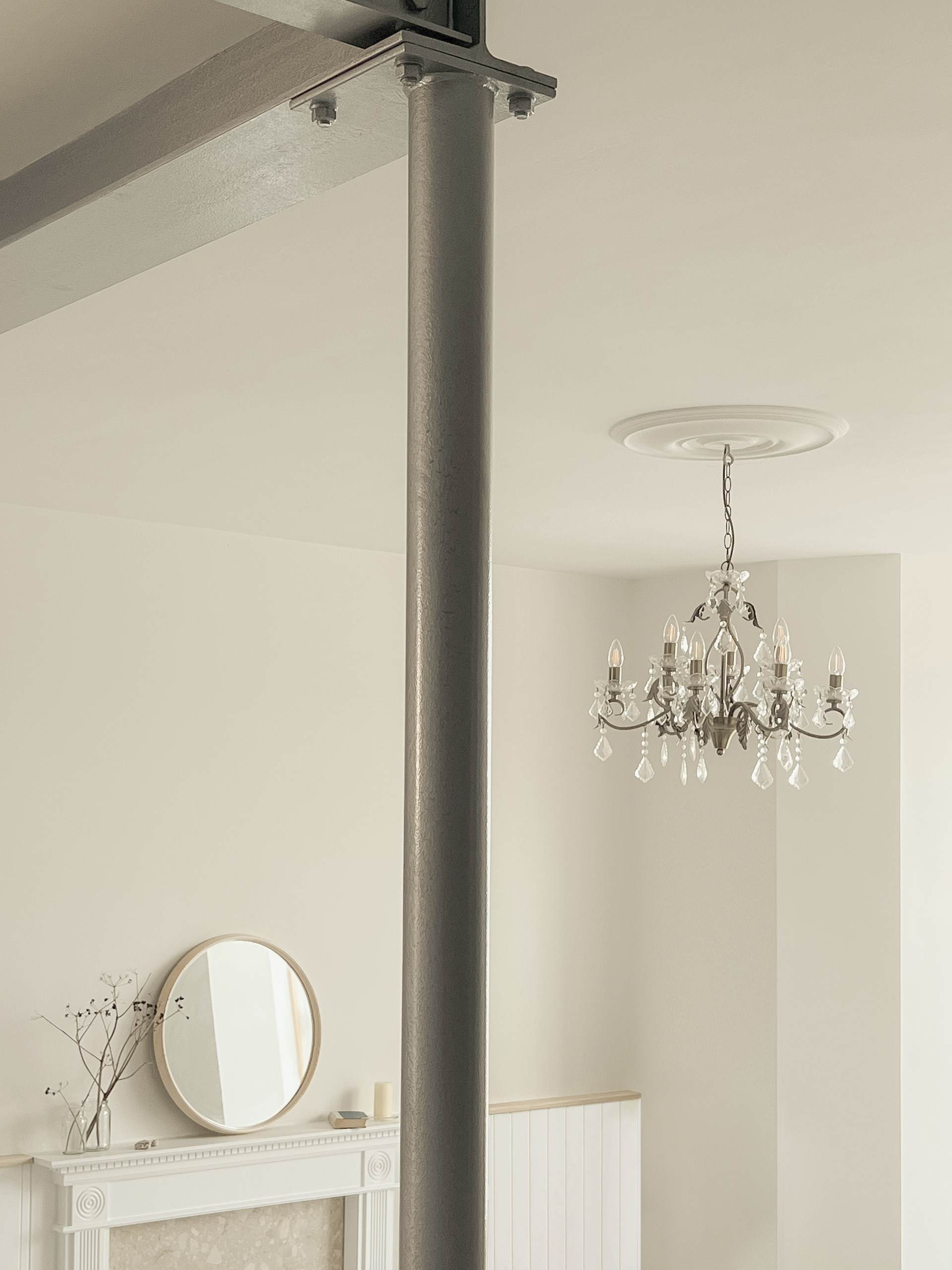

© Of Architecture
Beachfield House
Of Architecture
The terrace house is located in front of Towan Beach in Newquay. It has witnessed the rise of beach culture since the early 1900s. The design brief of the project is to refurbish and transform the Victorian family home into a seaside vacation destination. Making a connection between the 19th century house and the present-day beach town, the design of Beachfield House employs a subtractive approach - peeling away the unnecessary embellishment and carefully revealing the original fabric of the building.
The three-storey house is held up by a heavy masonry brick structure from the ground level. By opening up the ground floor bedroom to the living room, the continuous living space now becomes double aspect - drawing natural daylight from the front to back garden via a bay window and a new set of double-glazed doors. In the main living space, new structural support was introduced where brick walls were removed. Instead of a cumbersome disguise, the exposed galvanised steel elements juxtapose with the traditional plaster moulding and crystal chandelier. The kitchen floor was an unexpected addition to the design. After stripping out, the beautiful Victorian tiles were found hiding behind layers of carpet. Similarly, revealing colourful patchwork of slurry-lime plaster and adhesive in the stairwell has become the centrepiece of the project.
The three-storey house is held up by a heavy masonry brick structure from the ground level. By opening up the ground floor bedroom to the living room, the continuous living space now becomes double aspect - drawing natural daylight from the front to back garden via a bay window and a new set of double-glazed doors. In the main living space, new structural support was introduced where brick walls were removed. Instead of a cumbersome disguise, the exposed galvanised steel elements juxtapose with the traditional plaster moulding and crystal chandelier. The kitchen floor was an unexpected addition to the design. After stripping out, the beautiful Victorian tiles were found hiding behind layers of carpet. Similarly, revealing colourful patchwork of slurry-lime plaster and adhesive in the stairwell has become the centrepiece of the project.
The top two floors are reorganised to accommodate 4 bedrooms and a double height children’s playroom that opens up to a secret terrace. Each bedroom has its distinctive spatial character. Dormer windows are now lined with an intimate alcove seating on the top rooms. Rooms that face the sea to the North have a muted and natural palette of material finish. Existing carpet floors were taken away, and the original timber floor was sanded and restored. In contrast, bedrooms that face the town in the South are more playful. The walls pay homage to the original colours of the Victorian home before it was refurbished. Against a minimal backdrop of the vintage hues, the historical ornate fixtures were carefully repaired and displayed.
Although spatially different, rooms in the house share common themes, variations of which play out over all three floors. They are the constant but subtle dialogue between the old and new. The timber-lined fenestration allows a diverse array of views – of sky and sea, as well as wider vistas of Newquay and street scenes below. The reclaimed timber details are the raw accents on which lime-slurried walls, vintage furniture and ceramics add informal texture and warmth.
Photographs © Jay Yang
